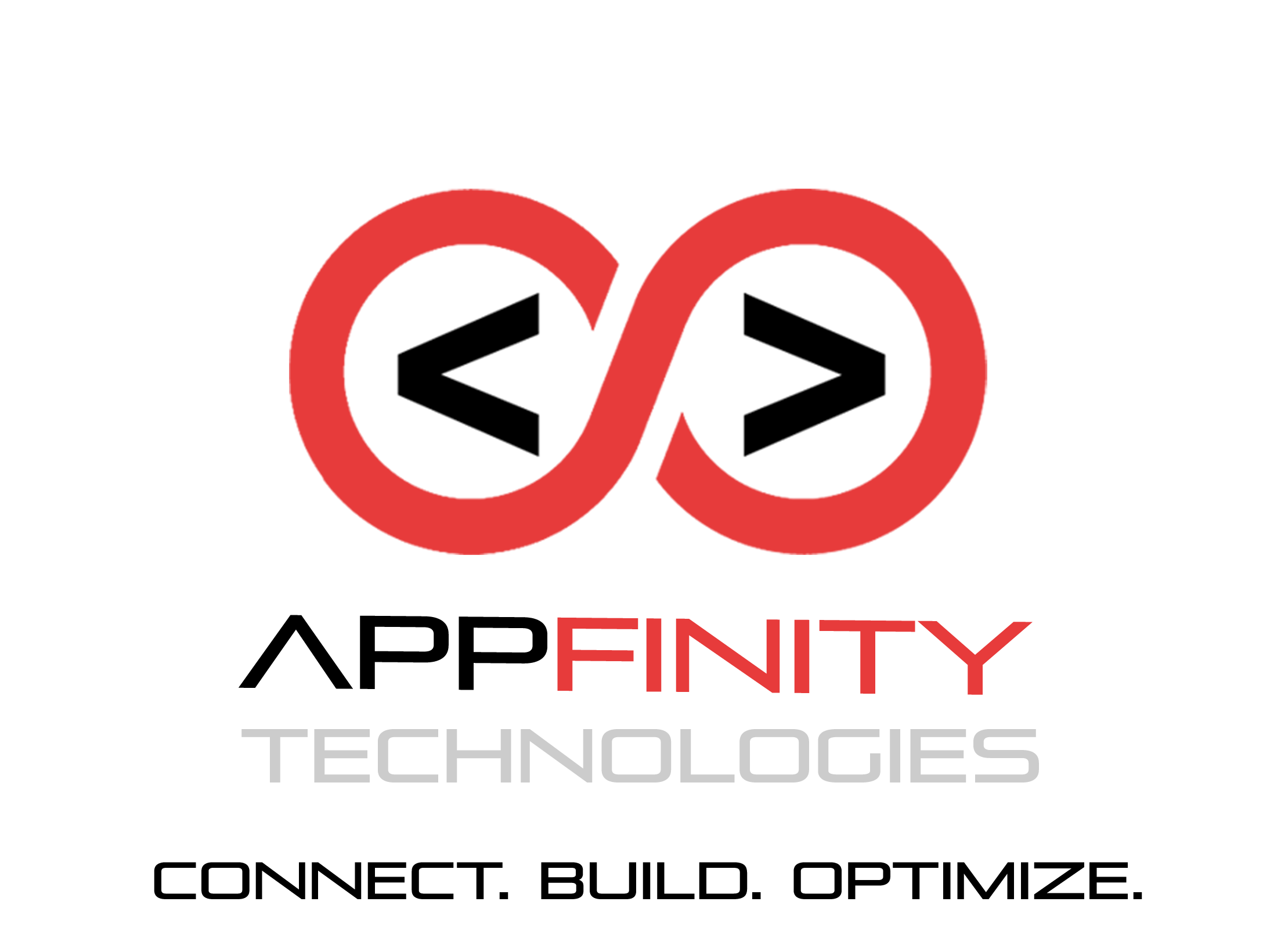-Jody-Kay Thompson – Powered by Tickkiz School Behaviour Management System
Summer is usually a time for enjoyment, travel, recreational activities, summer school, job experiences etc., for children and adolescents. Additionally, it often involves more parent-child bonding as some spend a significant period under parental supervision. Therefore, many parents are able to pay keen observation to their child’s development. A specific area that parents may pay close attention to is their child’s academic progress. The stance is often taken that the sole responsibility of the child’s academic performance is that of the teacher and the educational system. However, parents play an integral role as they lay the foundation for a child’s educational advancement way before they enter preschool. Similarly, this trend must continue as toddlers evolve into children and children into adolescents.
An academic intervention is a strategy used to teach a new skill, build fluency in a skill, or encourage a child to apply an existing skill to new situations or settings (Wright, 2012). Parents may maximize on the opportunity they have during the summer to engage children in discussion on their academic progress. This discussion may be guided by areas of perceived strengths and weaknesses as well as looking at previous tasks. This discussion will prove to be insightful as parents will be better informed on the progress of their children. Areas of strengths can be enhanced through sourcing additional programmes that will engage children academically. As wells as areas of weaknesses will give parents clarity on their child’s level of competency, which may assist them in accessing the necessary resource in addressing these concerns.
Informal assessment, therefore, lends itself to questioning, as invariably parents will want to confer with school personnel during the next school year on their findings. In the meantime, parents can engage children in academic interventions such as;
the SQ3R method– SQ3R (‘Survey, Question, Read, Recite, Review’) a study skill which is self explanatory as it entails surveying sections of the content, writing questions based on content surveyed, reading content while seeking to answer questions, reciting answers to questions posed and reviewing questions and reciting answers.
Reading actively– this technique involves giving your child a book to read and identifying a specific paragraph, paying particular attention to the topic and important details and facts. The child will then be required to recall the passage from memory.
Errorless Learning Worksheets– This technique involves motivating your child to practice math number problems to build computational fluency when given worksheets that include an answer key (number problems with correct answers) displayed at the top of the page.
In this version of an ‘errorless learning’ approach, the child is directed to complete math facts as quickly as possible. If the child comes to a number problem that he or she cannot solve, the child is encouraged to locate the problem and its correct answer in the key at the top of the page and write it in. Such speed drills build computational fluency while promoting child’s ability to visualize and to use a mental number line.
These and other methods can be easily accessed through various search engines which can assist and empower you in playing an integral role in your child’s learning.
Try one of the following techniques and let us know in the comments below.
References:
Read more at: https://www.brainyquote.com/topics/academics



